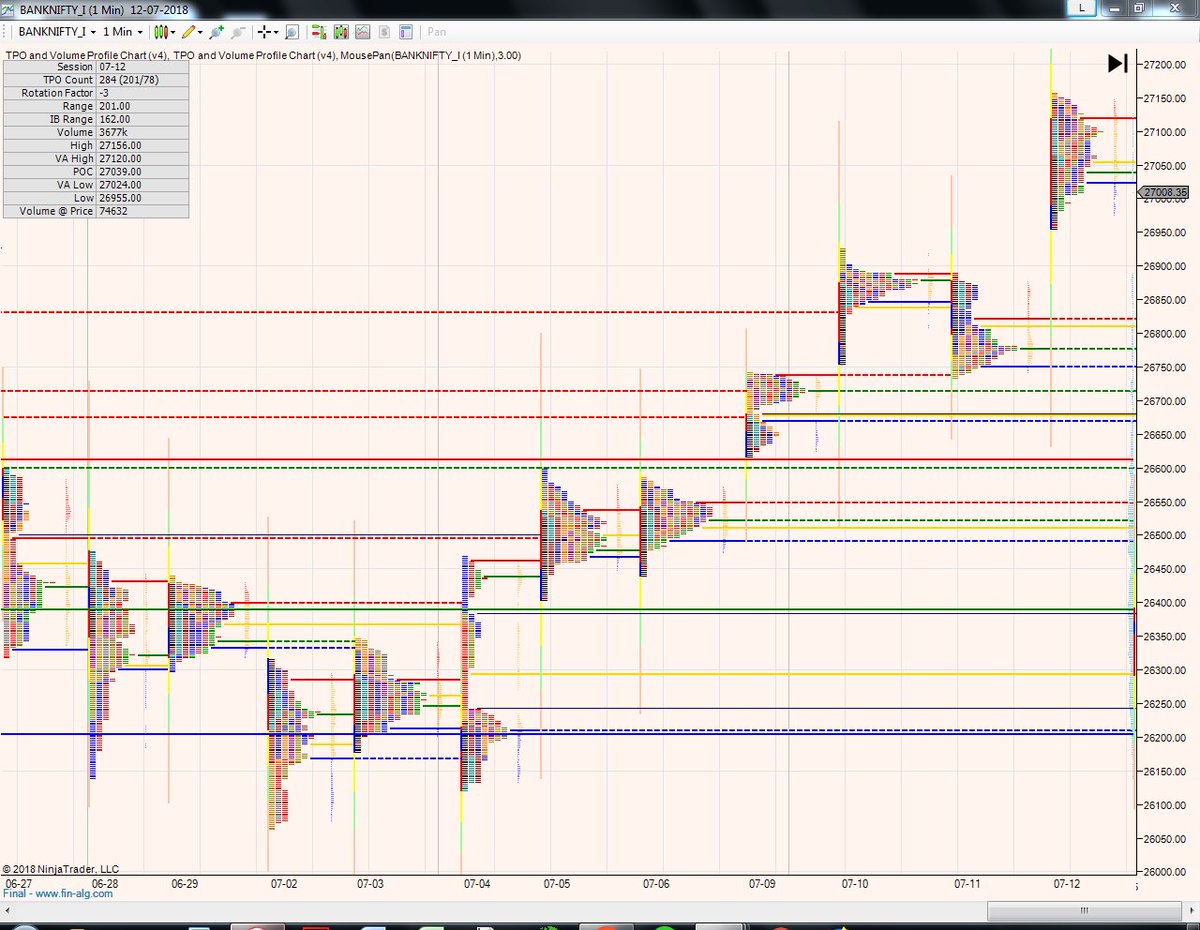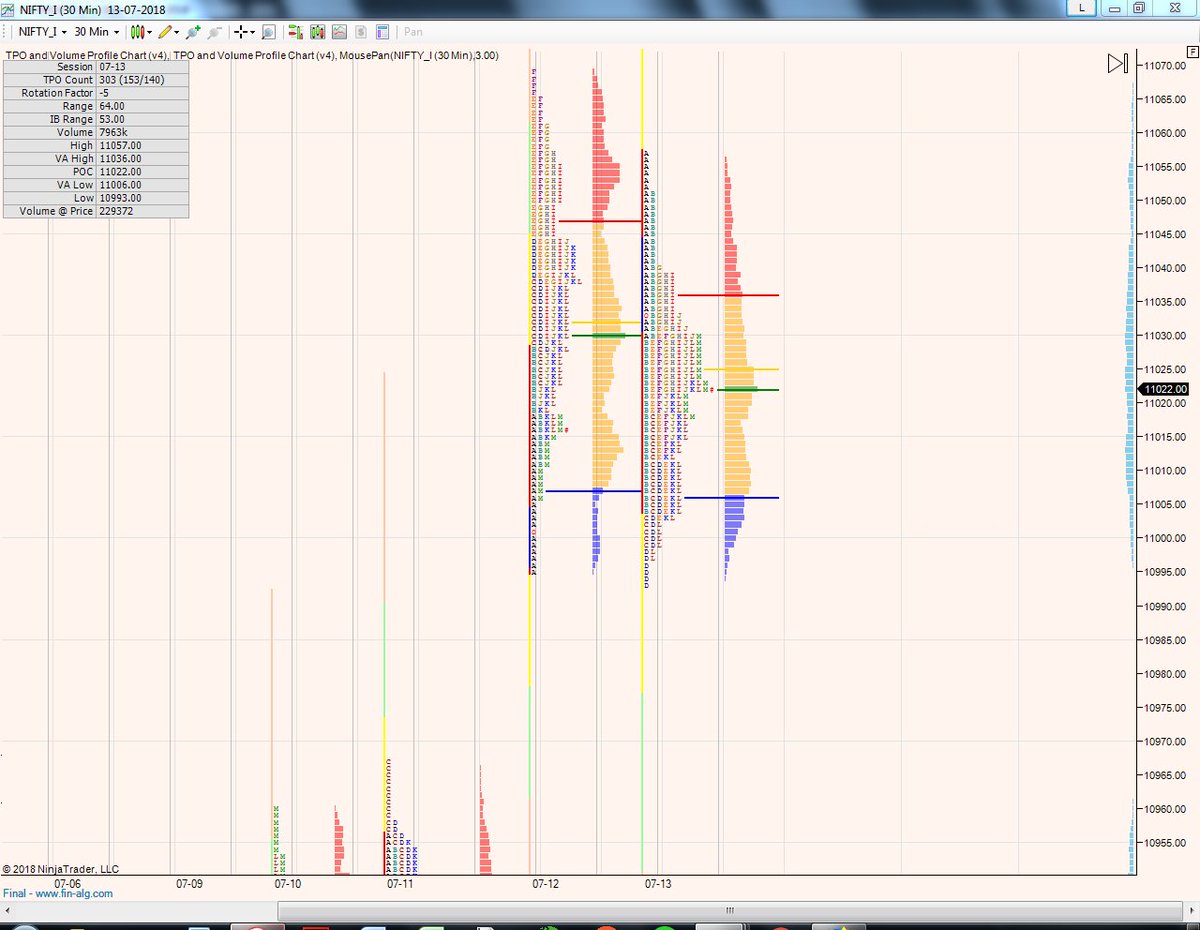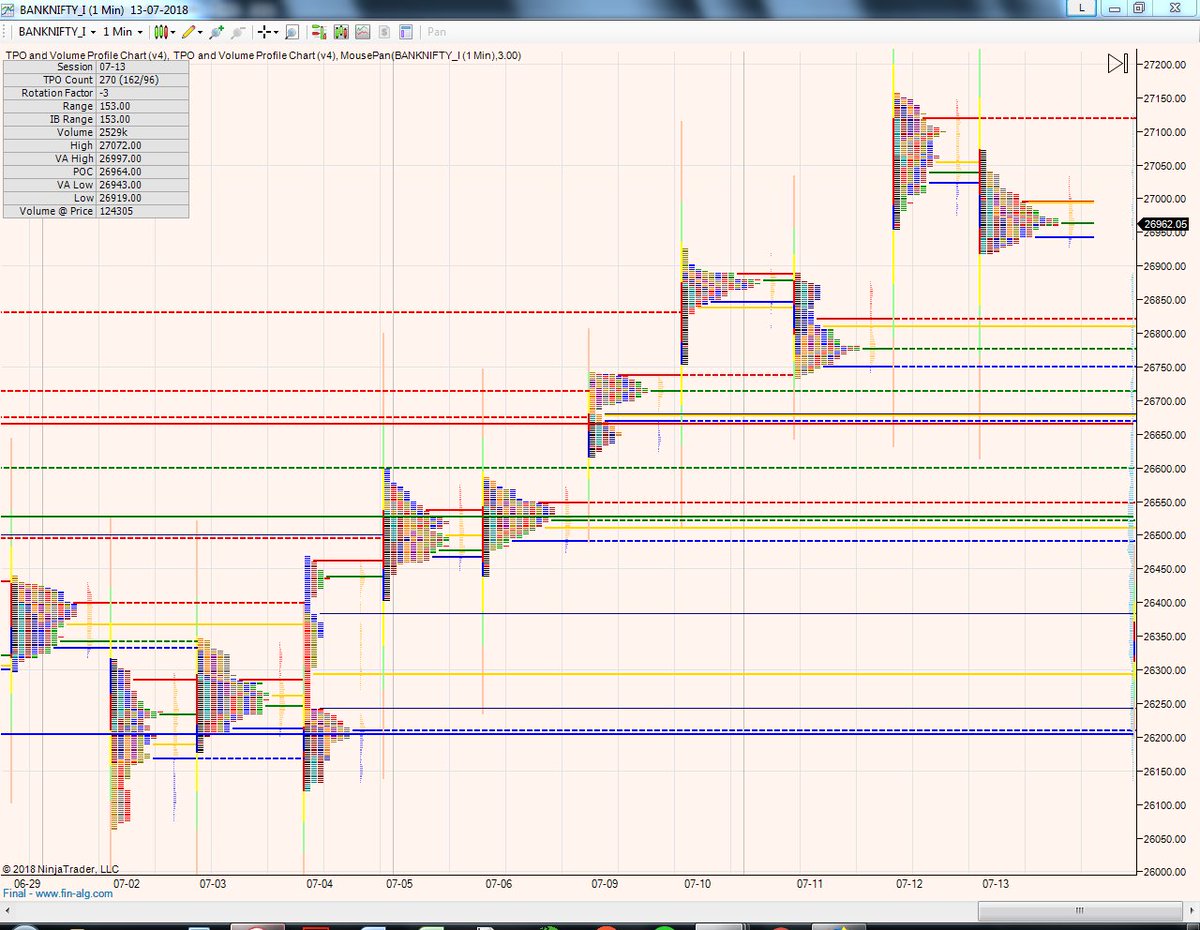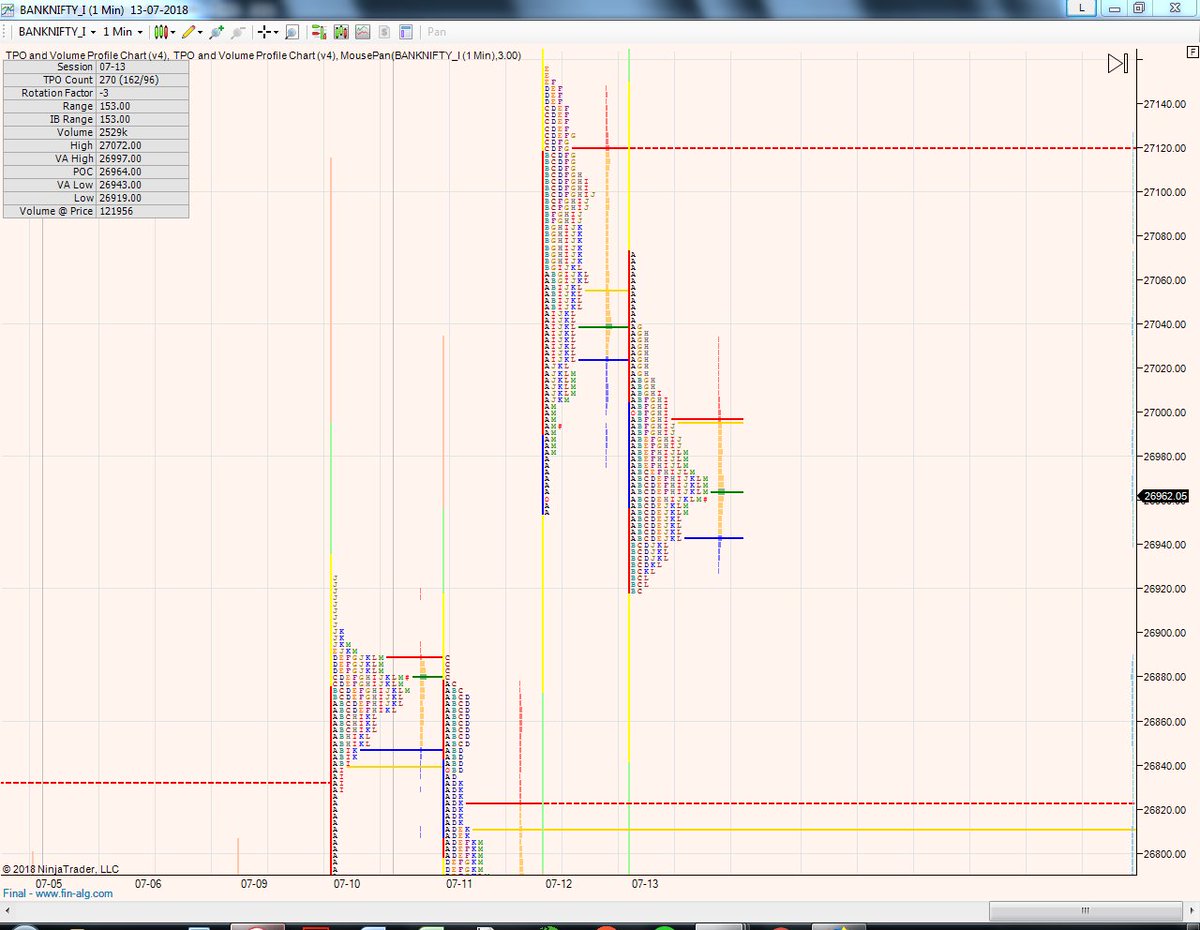A Mind for Numbers by Barbara Oakley
Very good to learn about how to study, especially useful if you have school going kids at home
Week 1
#WeekendReading
#LearningTogether
Very good to learn about how to study, especially useful if you have school going kids at home
Week 1
#WeekendReading
#LearningTogether
https://twitter.com/IMRiskManager/status/1010174538900856832
1 Surprisingly, your brain can also work on a problem even while you are sleeping and are not aware of anything. But it does this only if you concentrate on trying to solve the problem before falling asleep.
2 Students most commonly use the strategy of repeated reading—simply reading through notes over & over. We & other researchers have found that this passive & shallow strategy often produces minimal or no learning. We call this “labor in vain”.
3
We don’t engage in passive rereading because we are dumb or lazy. We do it because we fall prey to a cognitive illusion. When we read material over and over, the material becomes familiar and fluent, meaning it is easy for our minds to process...
We don’t engage in passive rereading because we are dumb or lazy. We do it because we fall prey to a cognitive illusion. When we read material over and over, the material becomes familiar and fluent, meaning it is easy for our minds to process...
4 ...
We then think that this easy processing is a sign that we have learned something well, even though we have not.
We then think that this easy processing is a sign that we have learned something well, even though we have not.
5 The brain is designed to do extraordinary mental calculations. We do them every time we catch a ball, or rock our body to the beat of a song. We often do complex calculations.
6 In fact, we all have a natural feel and flair for math & science. Basically, we just need to master the lingo and culture.
7 Prime Your Mental Pump
As you first begin looking at a chapter or section of a book that teaches concepts of math or science, it helps to take a “picture walk” through the chapter, glancing not only at the graphics, diagrams, and photos, but also at the section headings, ...
As you first begin looking at a chapter or section of a book that teaches concepts of math or science, it helps to take a “picture walk” through the chapter, glancing not only at the graphics, diagrams, and photos, but also at the section headings, ...
8...summary, and even questions at the end of the chapter, if the book has them. This seems counterintuitive—you haven’t actually read the chapter yet, but it helps prime your mental pump. So go ahead now and glance through this chapter and the questions at the end of the chapter
9 You’ll be surprised at how spending a minute or two glancing ahead before you read in depth will help you organize your thoughts. You’re creating little neural hooks to hang your thinking on, making it easier to grasp the concepts.
10 Focused versus Diffuse Thinking
The focused mode is associated with the concentrating abilities of the brain’s prefrontal cortex, located right behind your forehead. Turn your attention to something & bam—the focused mode is on, like the tight, penetrating beam of a flashlight
The focused mode is associated with the concentrating abilities of the brain’s prefrontal cortex, located right behind your forehead. Turn your attention to something & bam—the focused mode is on, like the tight, penetrating beam of a flashlight
11 Diffuse-mode thinking is what happens when you relax your attention and just let your mind wander. This relaxation can allow different areas of the brain to hook up and return valuable insights which often flow from preliminary thinking that’s been done in the focused mode.
12 The Einstellung effect (pronounced EYE-nshtellung). In this phenomenon, an idea you already have in mind, or your simple initial thought, prevents a better idea or solution from being found.
13 If you are trying to understand or figure out something new, your best bet is to turn off your precision-focused thinking and turn on your “big picture” diffuse mode.
14 To figure out new ideas and solve problems, it’s important not only to focus initially, but also to subsequently turn our focus away from what we want to learn.
15 A way to think of the difference between focused and diffuse modes is to think of a flashlight. You can set a flashlight so it has a tightly focused beam that can penetrate deeply into a small area.
16 Or you can set the flashlight onto a more diffuse setting where it casts its light broadly, but not very strongly in any one area.
17 When you’re genuinely stuck, nothing is more helpful than getting insight from classmates, peers, or the instructor. Ask someone else for a different perspective on how to solve the problem or a different analogy to understand the concept; ...
18 ...however, it’s best that you first wrestle with the problem yourself before you talk to anyone else.
19 Learning is often paradoxical. The very thing we need in order to learn impedes our ability to learn. We need to focus intently to be able to solve problems—yet that focus can also block us from accessing the fresh approach we may need.
20 Research has shown that when your brain first puts an item of information in long-term memory, you need to revisit it a few times to increase the chances you’ll later be able to find it when you need it.
21 You may be surprised to learn that simply being awake creates toxic products in your brain. During sleep, ur cells shrink, causing a striking increase in the space between your cells. This is equivalent to turning on a faucet—it allows fluid to wash past & push the toxins out.
22 Studies have shown that sleep is a vital part of memory and learning. Part of what this special sleep-time tidying does is erase trivial aspects of memories and simultaneously strengthen areas of importance.
23 It’s best to work at math and science in small doses—a little every day. This gives both the focused and diffuse modes the time they need to do their thing so you can understand what you are learning. That’s how solid neural structures are built.
• • •
Missing some Tweet in this thread? You can try to
force a refresh
















